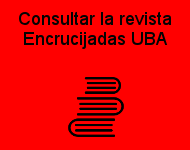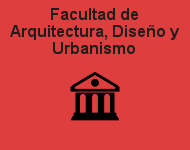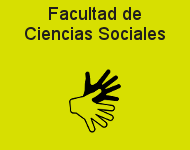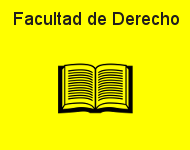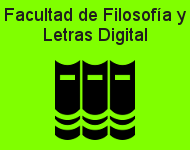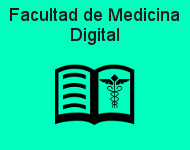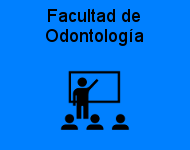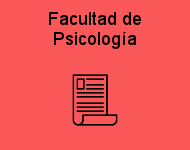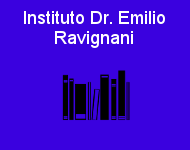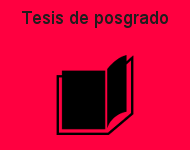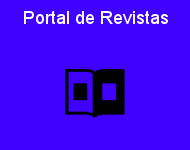En:
Argumentos. Revista de Critica Social; Núm. 21 (2019): Neoliberalismo, entre el orden y el tiempo
Editor:
Instituto de Investigaciones Gino Germani
Fecha:
2019-10-29
Tipo de documento:
info:eu-repo/semantics/article
info:eu-repo/semantics/publishedVersion
info:eu-repo/semantics/publishedVersion
Formato:
application/pdf
Contenido:
ResumenEste artículo se propone un acercamiento a las mutaciones antropológicas que los medios pueden producir sobre los humanos. Me detendré en ciertos trabajos del crítico literario canadiense Marshall McLuhan y del filósofo italiano Giorgio Agamben que, con sus especificidades, contribuyen a pensar aquella problemática. Se trata, además de ciertos textos que rodean ambos recortes, de La Galaxia Gutenberg. Génesis del “Homo typografhicus” del primero, y Bartleby o de la contingencia del segundo. La principal hipótesis del trabajo es que la imprenta, eje de la obra de McLuhan y de la que tuvo que ocuparse Agamben cuando abordó la figura del escriba, resolvió contingentemente el problema de la potencia que occidente problematizaba desde hacía veinte siglos, cuando Aristóteles y su discusión con los megáricos. Una segunda hipótesis de trabajo, propia del momento de relectura que vive McLuhan a nivel internacional, es que por momentos su mediocentrismo como diccionario explicativo de lo social se inclina hacia una sociología de los medios, contraria a sus propias estructuras de referencia. Palabras clave: imprenta – potencia – mutación antropológica – escriba – medios técnicos de comunicación. The printing press as anthropological mutation: a dialogue between McLuhan and Agamben AbstractThis paper proposes an examination of the anthropological mutations that media -of communication but not exclusively- can produce in us humans. I would comment in some writings from the Canadian literary critic Marshall McLuhan and from the Italian philosopher Giorgio Agamben which, with their contiguities, coalesce in their approach to the issue. Among a range of texts of both authors, I will focus on McLuhan´s The Gutenberg Galaxy. The genesis of the "Homo tipographicus" from the former and on Agamben´s Bartleby or On Contingency from the latter. The principal hypothesis of this paper is that the printing press, the axis of McLuhan's work and with which Agamben had to straggle when he tackled the scribe figure, momentarily resolves the problem of potency that western thought problematized for twenty centuries, beginning with Aristotle and his discussion of Megarics. A second working hypothesis, characteristic of the international re-reading McLuhan's work is currently undergoing, is that sometimes his media-centrism, as an explicatory social index, moves towards a sociology of media which is oppositional to the epistemic foundations of his proposal.Key words: printing press – potency – anthropological mutation – scribe – technical communication media.
Identificador(es):
https://publicaciones.sociales.uba.ar/index.php/argumentos/article/view/4959
ISSN 1666-8979
ISSN 1666-8979
Derechos:
info:eu-repo/semantics/openAccess
Descargar texto:  4959.oai
4959.oai
 4959.oai
4959.oai Cita bibliográfica:
Greco, Mauro (2019-10-29). La imprenta como mutación antropológica: un diálogo entre McLuhan y Agamben (info:eu-repo/semantics/article). Instituto de Investigaciones Gino Germani [consultado: ] Disponible en el Repositorio Digital Institucional de la Universidad de Buenos Aires: <https://publicaciones.sociales.uba.ar/index.php/argumentos/article/view/4959>


